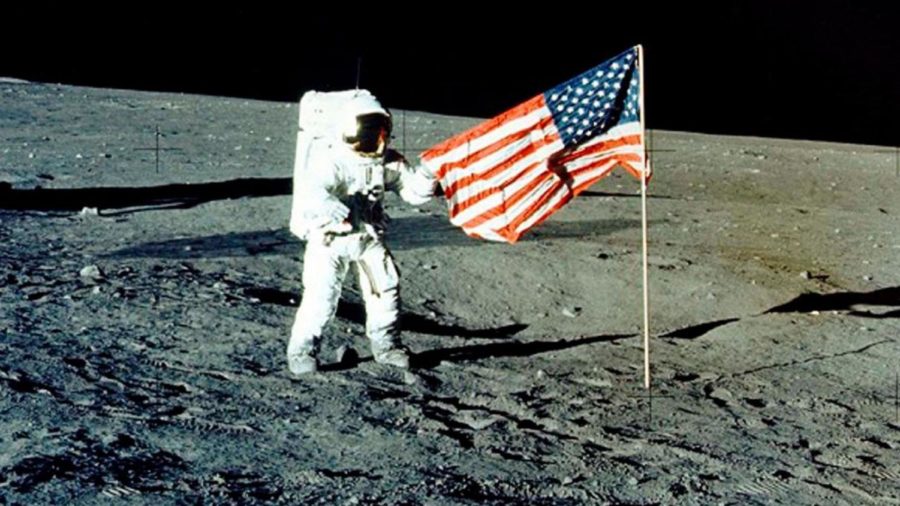OPINION – Reaching for the stars . . . and the next technological breakthrough
From Issue 7
The moon landings were just a few examples of the achievements that have been brought to life through the space program.
Annually, the US government sends roughly twenty billion dollars to NASA (the National Aeronautics and Space Administration) for research and development. With the same amount of money, we could send nearly a quarter million Americans to college, take better care of the poorest in our country and abroad, or buy 1.3 trillion Skittles, each and every year. With all those reasonable options, many wonder why the US still publicly funds NASA, when private companies like SpaceX cost taxpayers nothing.
To put NASA funding into context, the federal government plans to spend roughly six and a half trillion dollars this year. 1.3 trillion dollars will go to Medicaid and Medicare. 1.1 trillion dollars will go to Social Security. 700 billion dollars will go to the Department of Defense. NASA gets less than one half of one percent of our annual federal budget.
NASA has consistently used this money to develop incredible technologies that have impacted nearly every aspect of our lives. While we all think of NASA’s famous Apollo program of the 1960s and 70s, the inventions arising from space-related research are almost limitless. Satellite and GPS, MRI and CAT scans, even simple velcro resulted from research by NASA scientists. In fact, NASA satellites help keep farmers around the world informed about changing weather conditions, allowing them to adapt and increase the security of their access to food. GPS-enabled planting has helped make US farmers high tech and advanced beyond anyone’s expectation.
Private companies, while capable of accomplishing much, are by their very nature seeking to capitalize on what is most financially profitable. There is little incentive to push the boundaries of our understanding of how the universe works. The history of space exploration (just like exploration from centuries past) has proven that government funding is necessary.
NASA is an agency built on the idea that with enough hard work and ingenuity, tomorrow can and will be better than today. NASA has celebrated incredible success and learned from many failures. It has added to the general knowledge of science, engineering, technology in a way that few (if any) parts of the federal government could approach.
Instead of talking about decreasing funding to NASA, we should talk about increasing it.











